In 2021, the Forestry Administration of (FA) of Cambodia received financial support from AFoCO to organize an in-country community development training on “Community Livelihood Improvement through Seedling Production” for a forest community — Veal Okdey Forest Community — in Kampong Thom Province. The training is expected to provide the forest-based community with opportunities to improve their livelihoods while ensuring the sustainable utilization of forest resources through seedling production. This would allow the community to produce fruit tree seedlings for private plantations, wood tree seedlings for community forest restoration and rehabilitation, and an assortment of seedlings for small-scale businesses.
Carried out in three separate sessions — the first session provides the target community with the necessary skills to establish small-scale tree nursery and collect their desired seeds productively; the second session imparts knowledge on the germination and collection of seeds; and the third session teaches participants how to plant seedlings properly and care for saplings effectively. Throughout the training sessions, all participants were asked to administer rapid-antigen self-tests and obey the social distancing measures set by the Royal Government of Cambodia.
Organized from October 27 to 28, 2021, the 3rd session was organized with the participation of 14 community forest members with the focus on the following two topics:
- Planting of seedlings
The first topic involves preparation of planting ground and different planting methods. - Care for and maintenance of saplings
The second topic covers involves maintenance of saplings, saplings protection from animals, fire prevention and fighting, weeding, and thinning.
During the theoretical learning segment, participatory discussions (brainstorming or plenary discussion), flipchart presentations, and group discussions were carried out. Participatory discussions were organized to share and exchange the participants’ existing knowledge about the topics before thorough explanations and clarifications were made through the flipchart presentations. The group discussions were organized to guide the participants for field practices and actual applications after the course.
During the field practices, all the participants were organized to plant ten wood seedlings each in their Veal Okdey community forest. As a result, 140 wood seedlings were planted, including 50 seedlings of Kranhoung, 45 seedlings of Beng, and 45 seedlings of Thnoung. The participants also practiced caring for their 15 fruit saplings through watering and creating protective frames for individual saplings to prevent animal eating, disturbance, or destruction.
To promote community participation in environmental protection and livelihood improvement, all of the participants were organized to plant fruit trees surrounding their residences and at their private plantations and plant wood trees in their community forest to restore the high degraded forest.
To understand the effectiveness of the training, an evaluation was conducted at the end of the session. The results are shown in the following table:
| Questions | Very Satisfied | Satisfied |
| Contents of lectures | 93% | 7% |
| Teaching methods | 100% | – |
| Duration of training | 86% | 14% |
| Process of training | 100% | – |
| Participation | 93% | 7% |
| Comprehension of participants | 79% | 21% |
All training sessions were completed well with positive feedback from the participants. All participants are satisfied with gaining new knowledge through the training and show their determination to apply this knowledge and skills for seedlings production to improve their livelihood and protection of their environment.
Quick Links to previous sessions: Session 1, Session 2
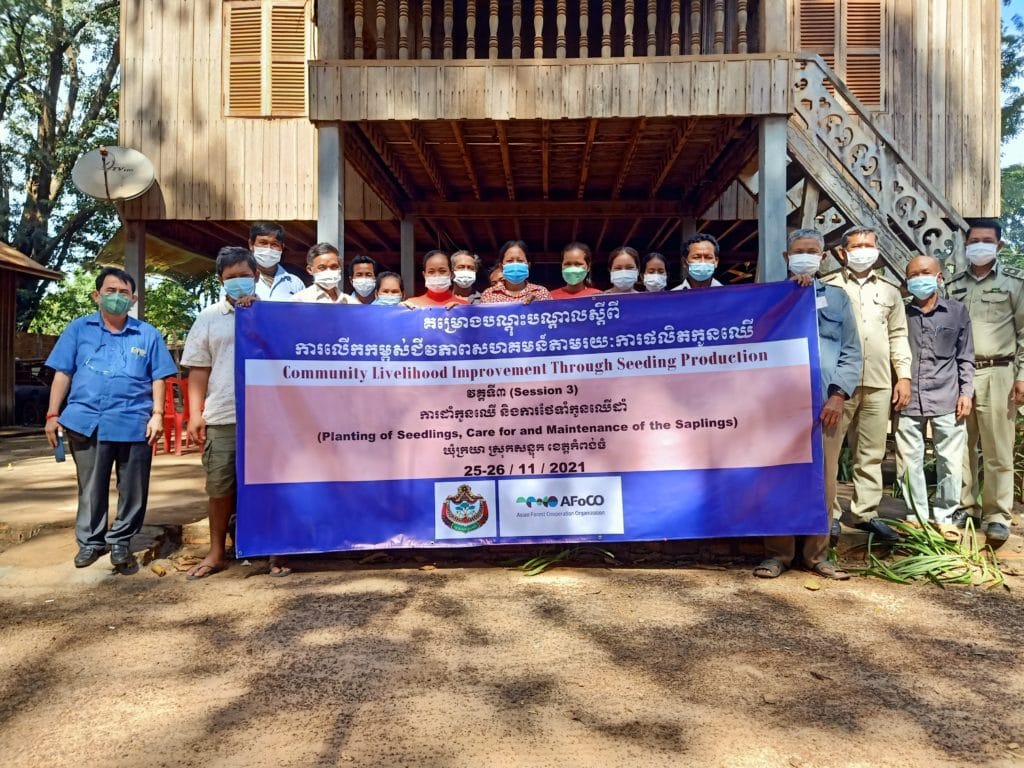
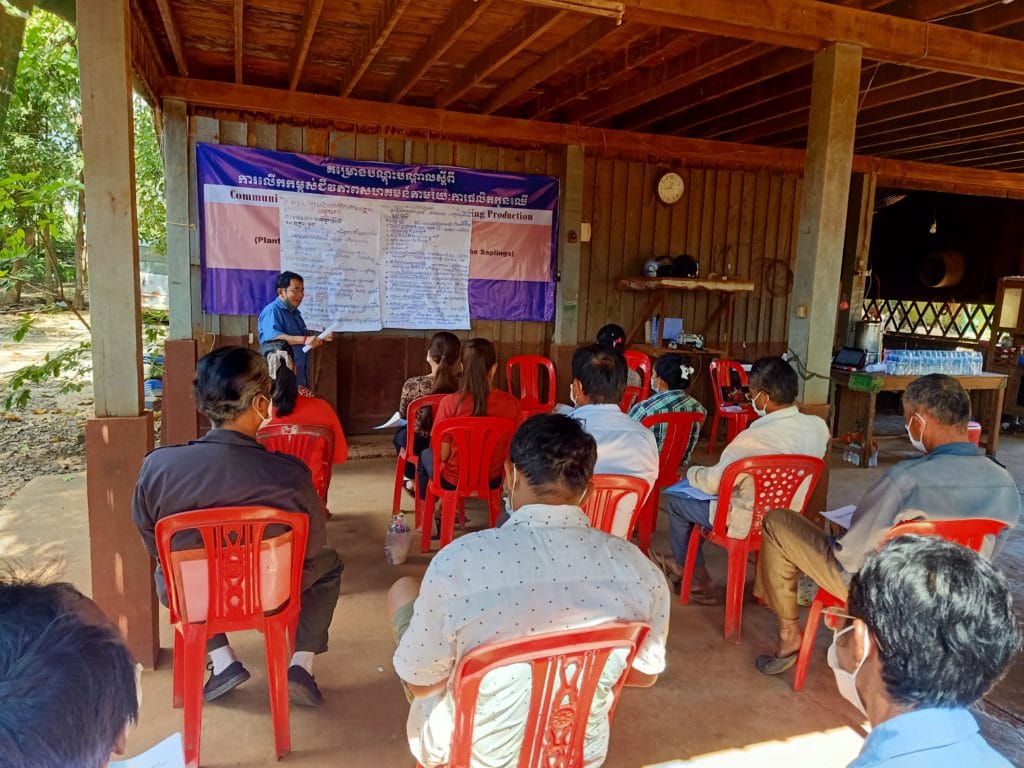
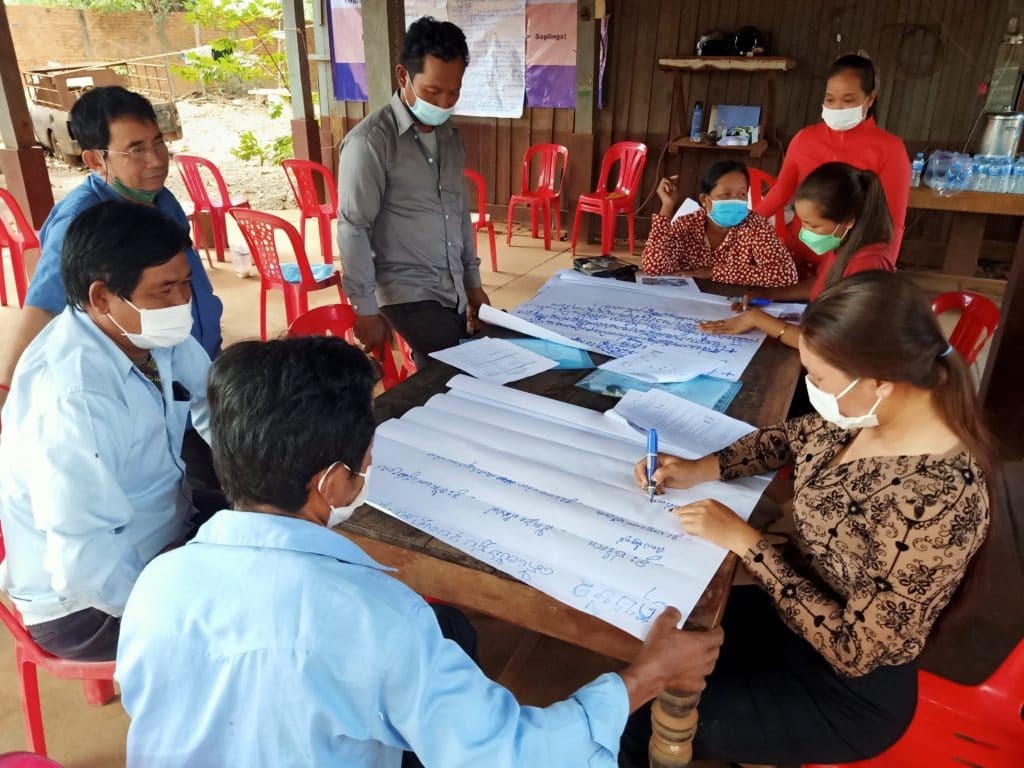
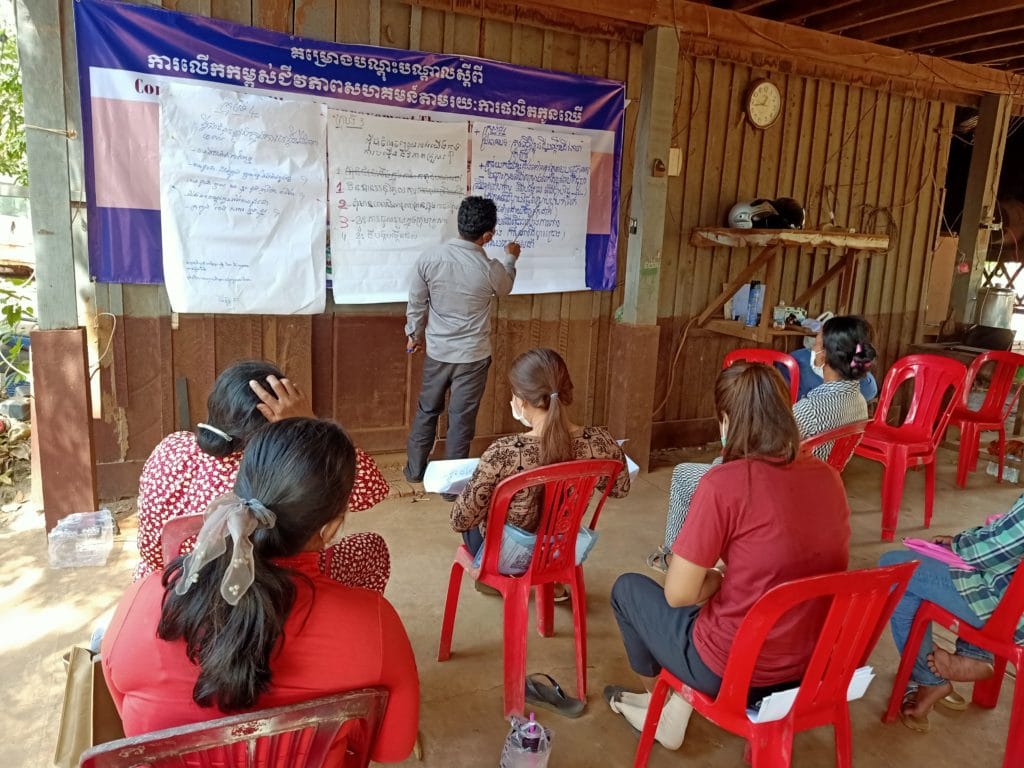
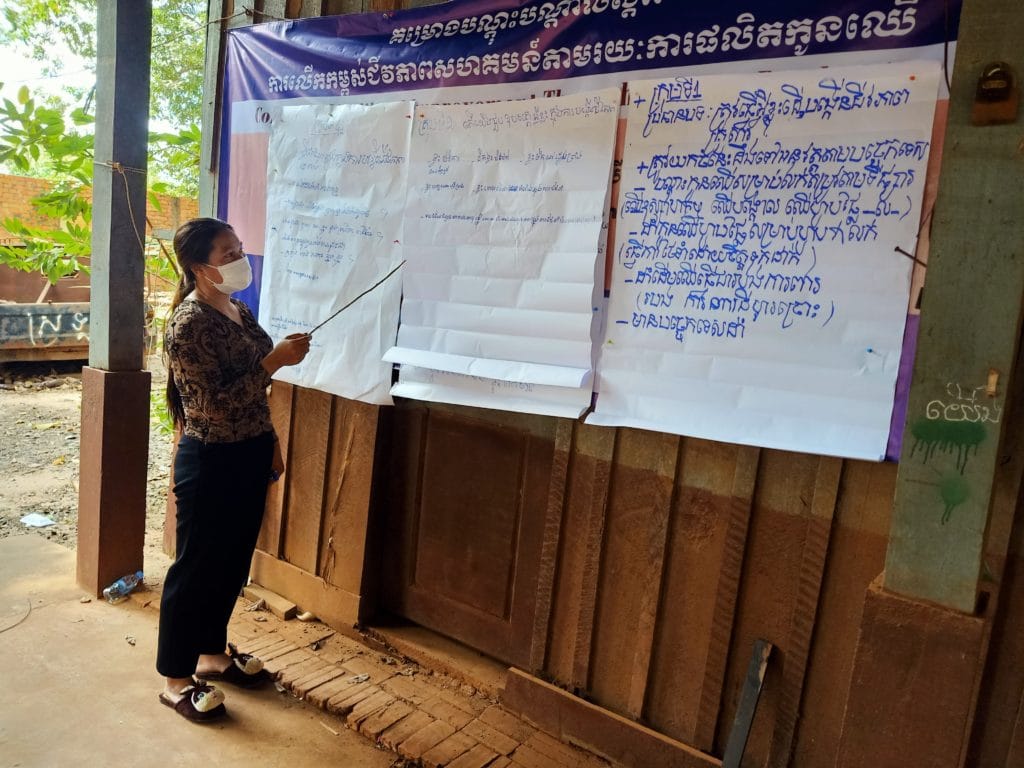

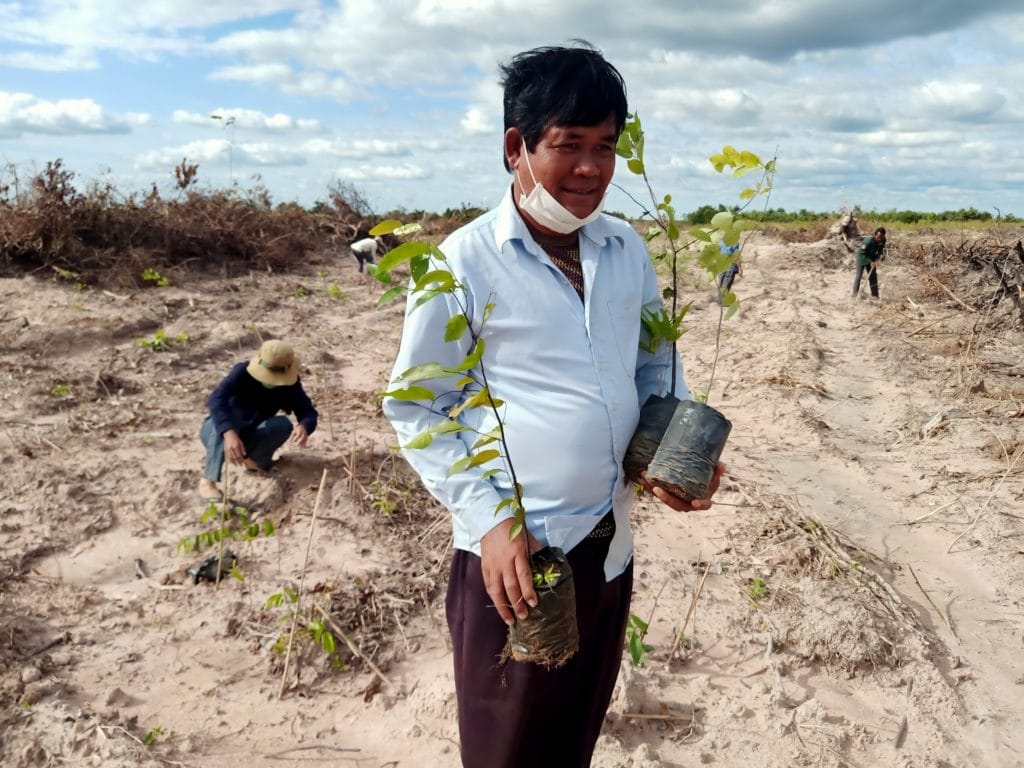
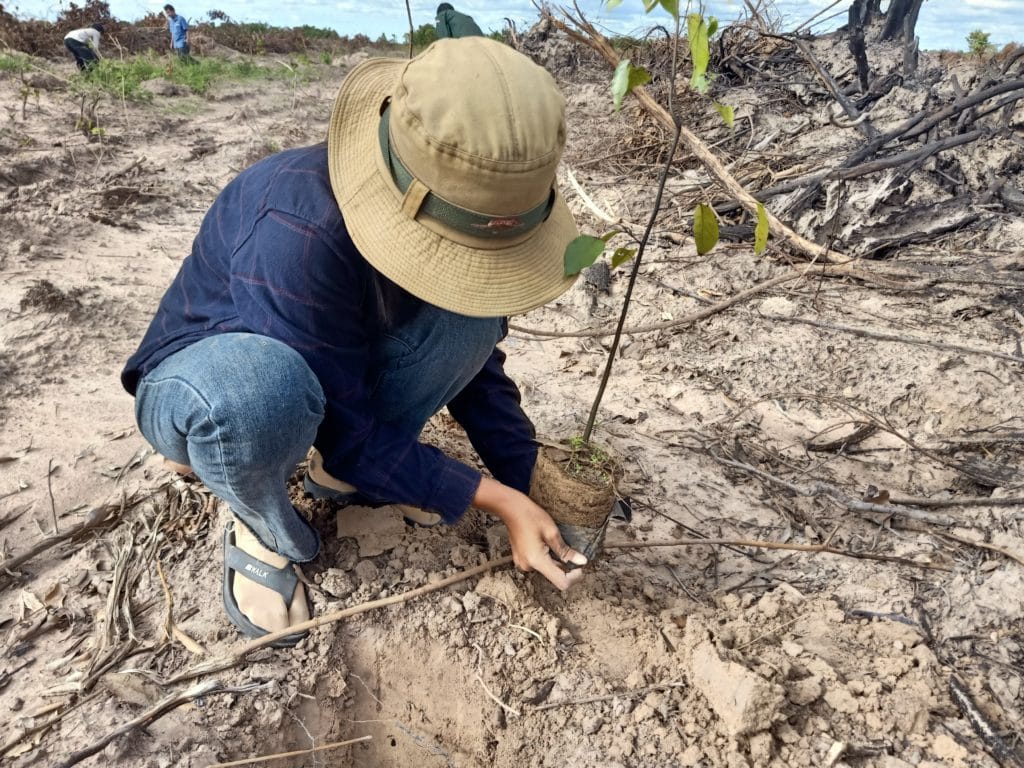
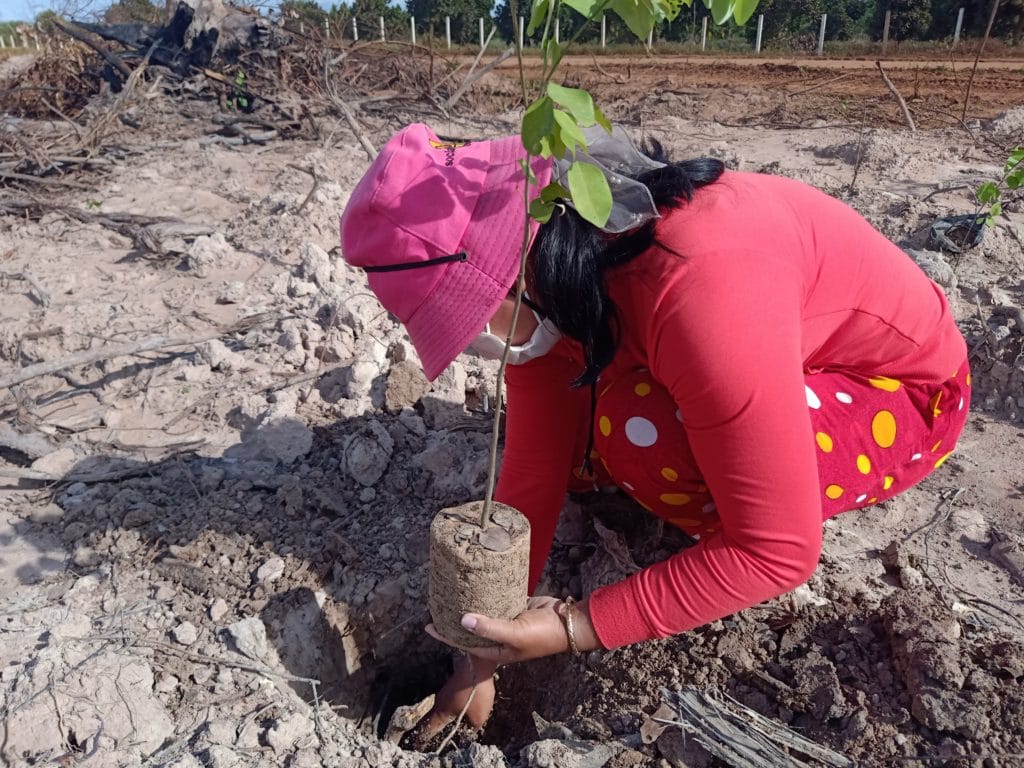
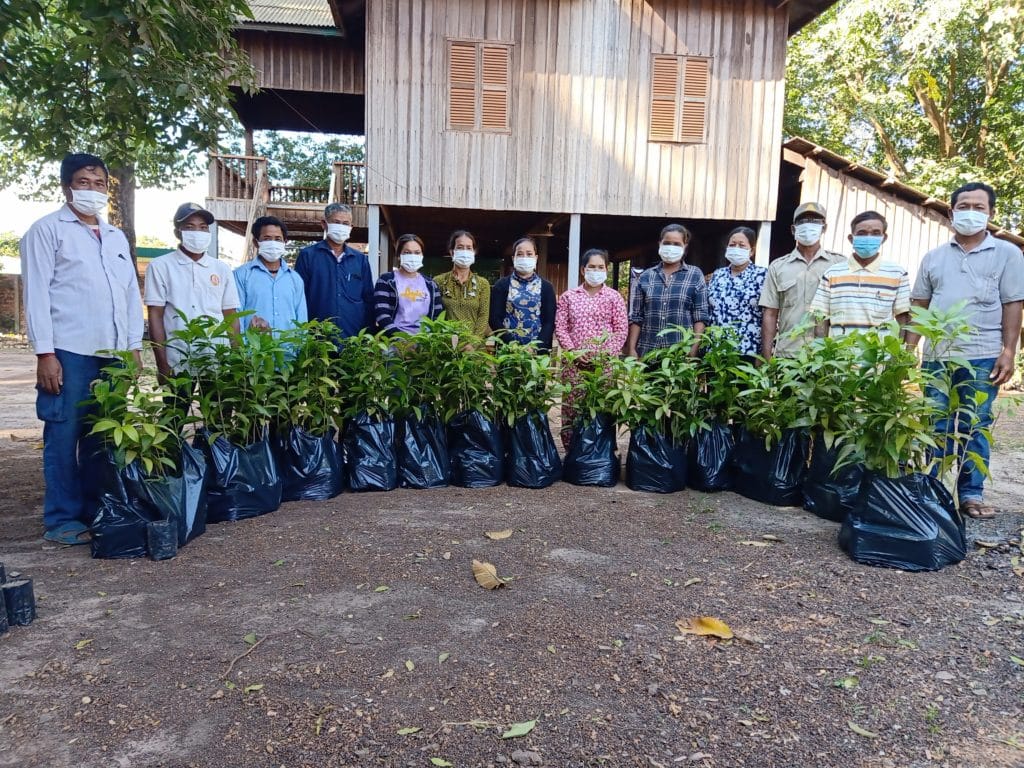
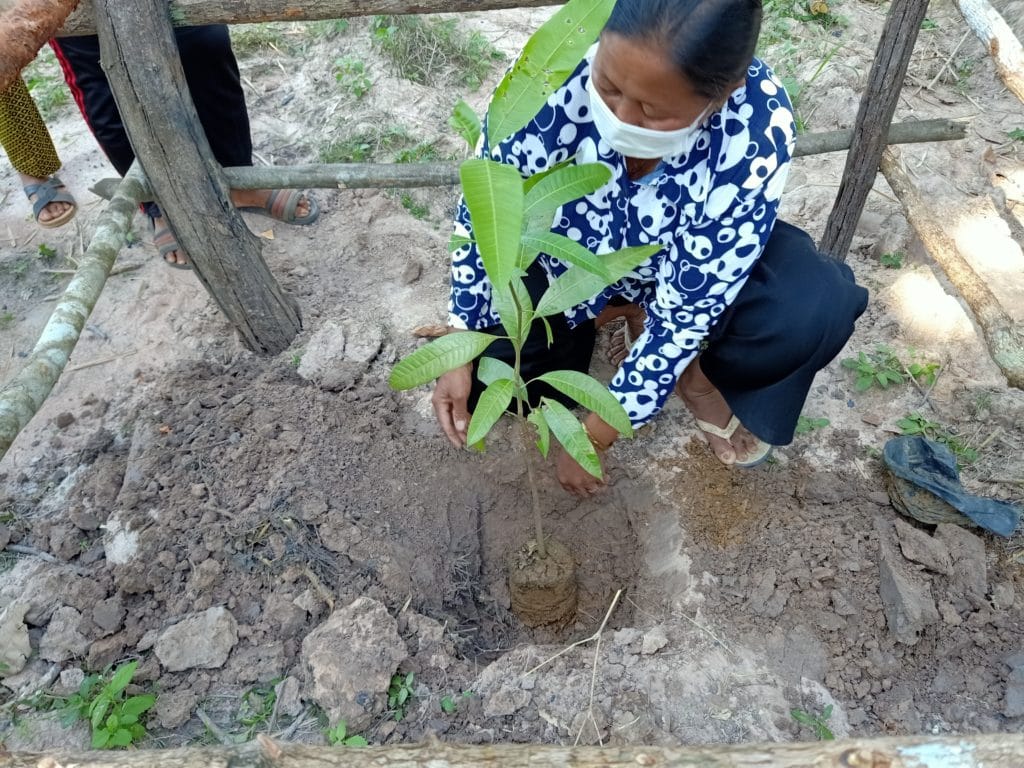
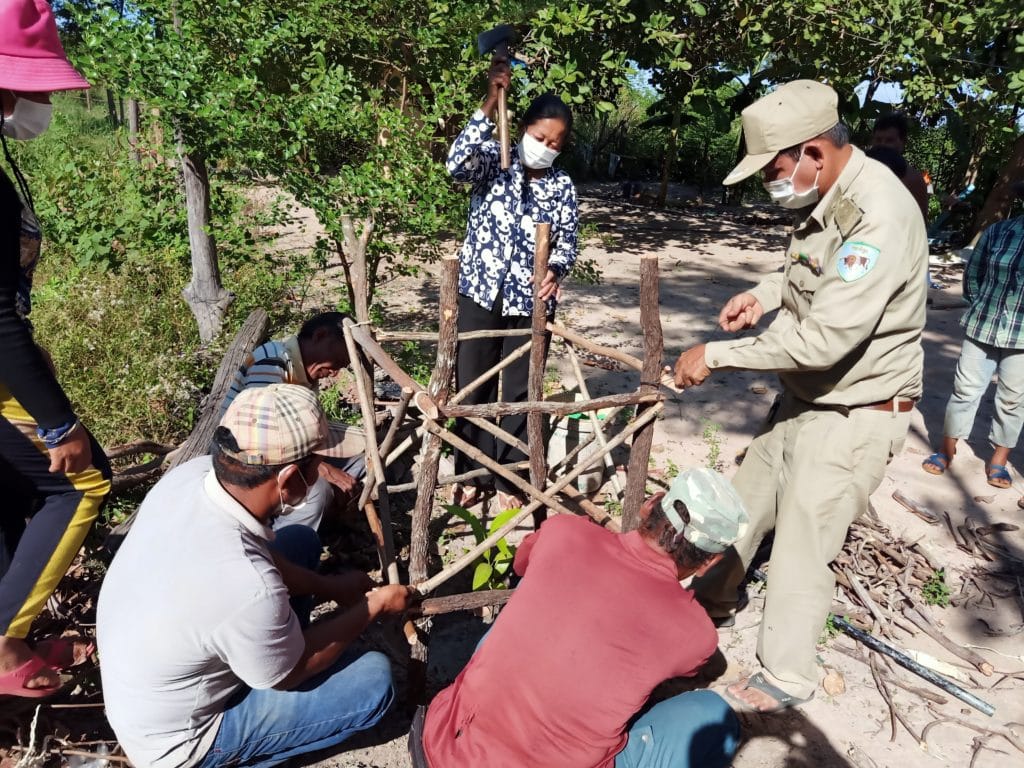
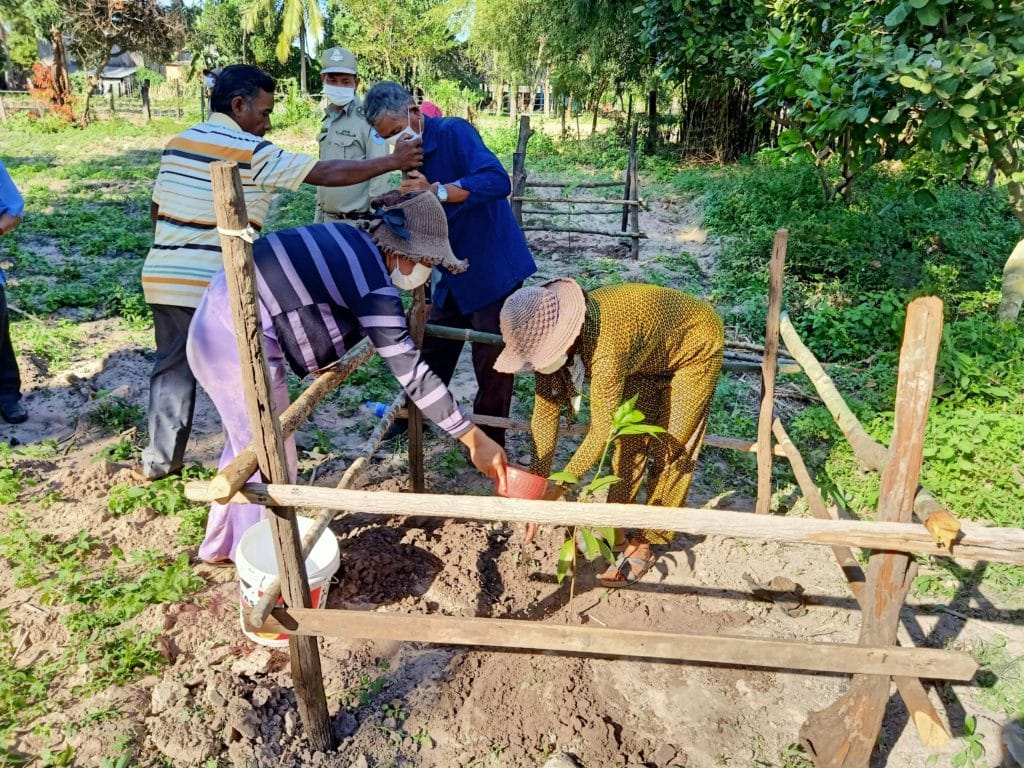
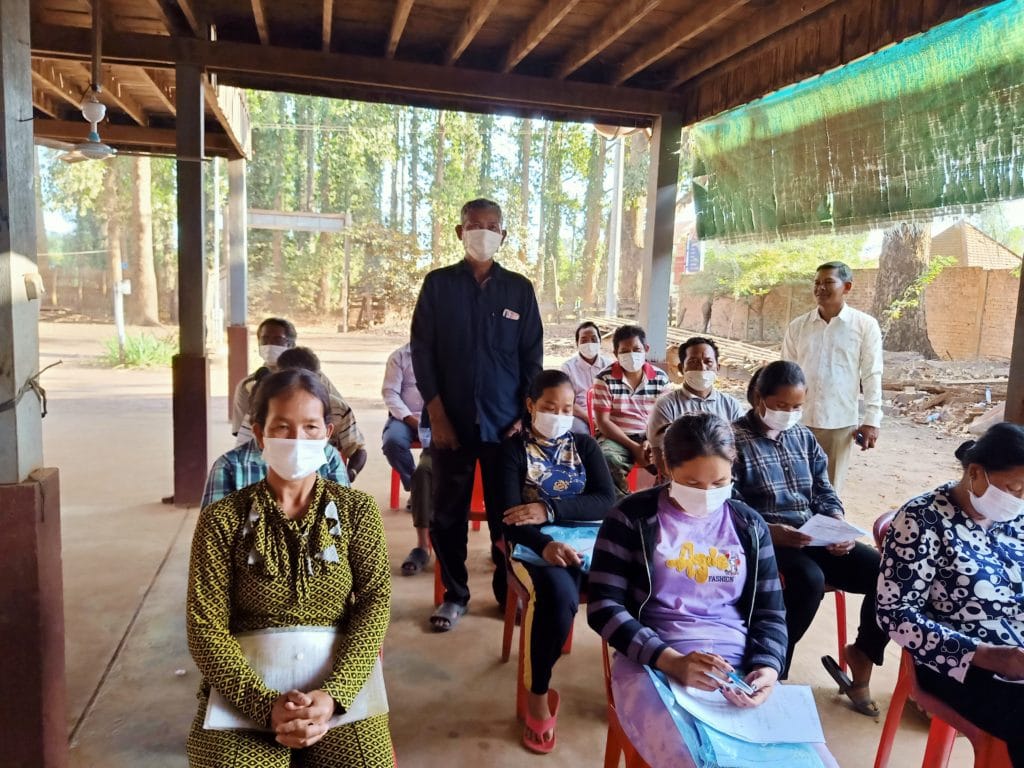
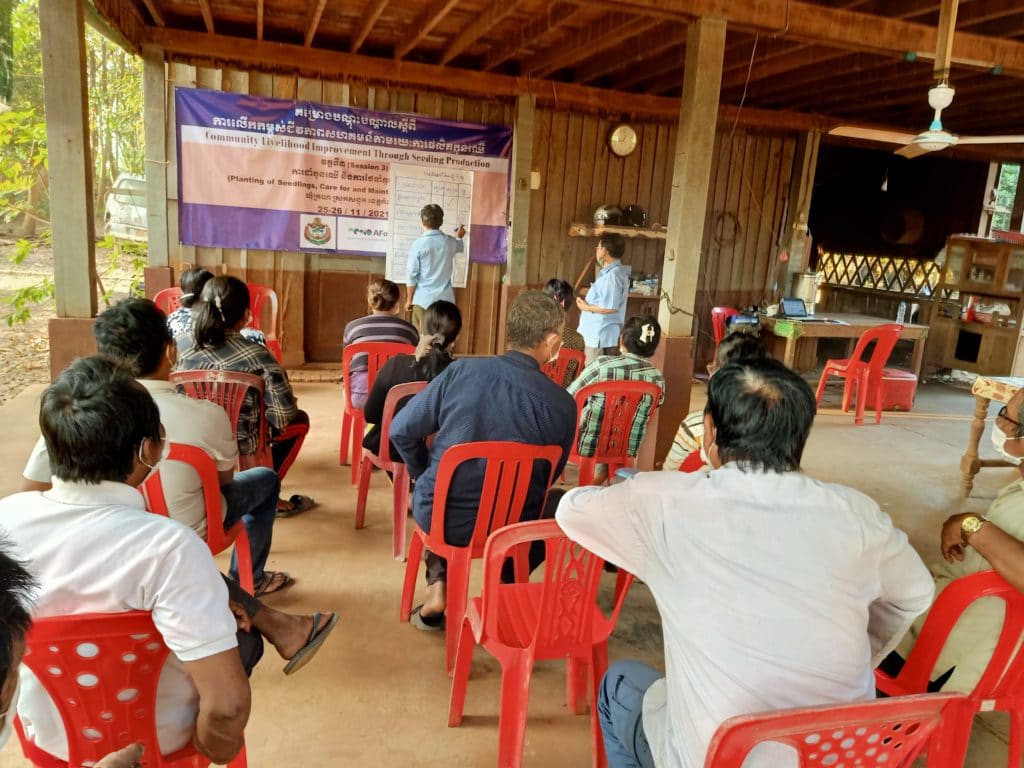
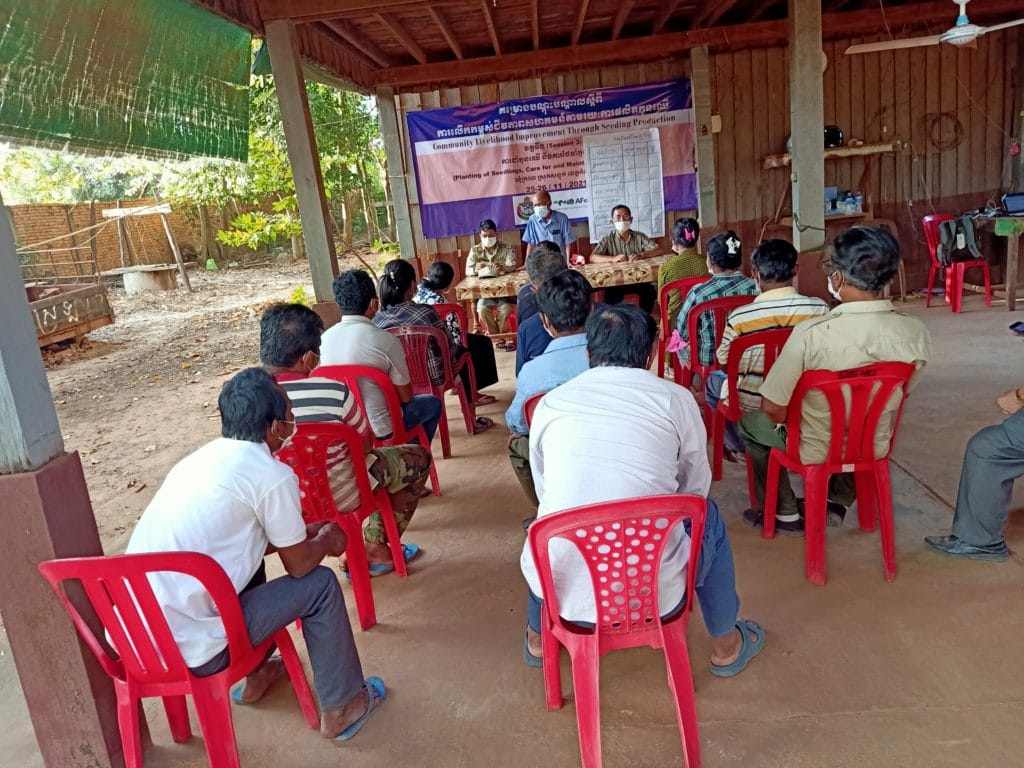
Contributed by Hem Chanrithy, Chief of Forest and Wildlife Training Center, Cambodia

